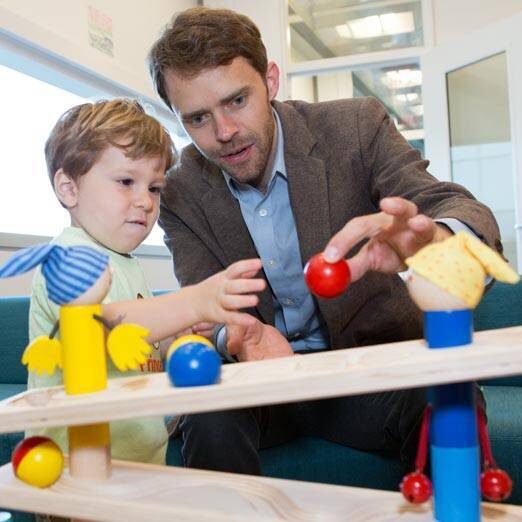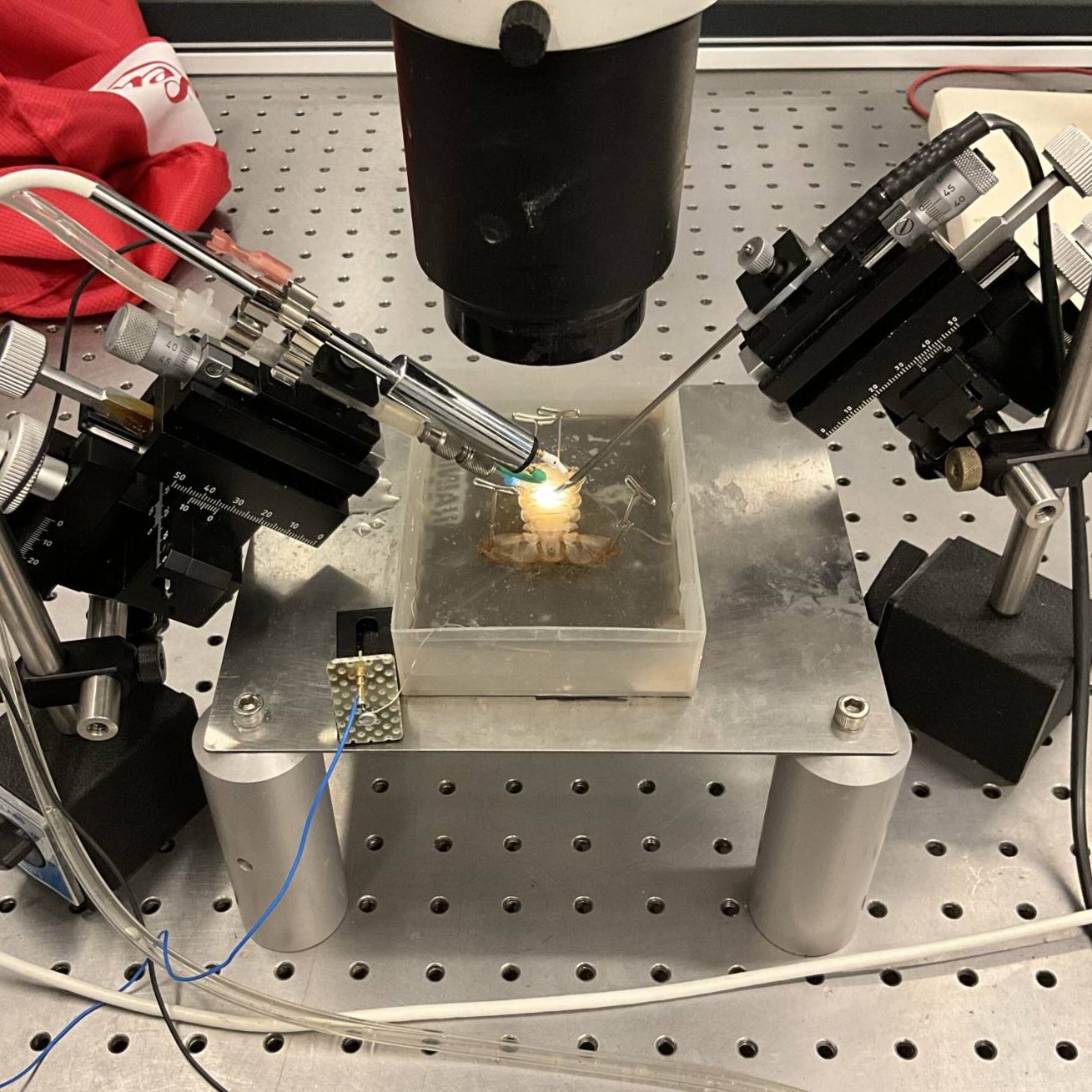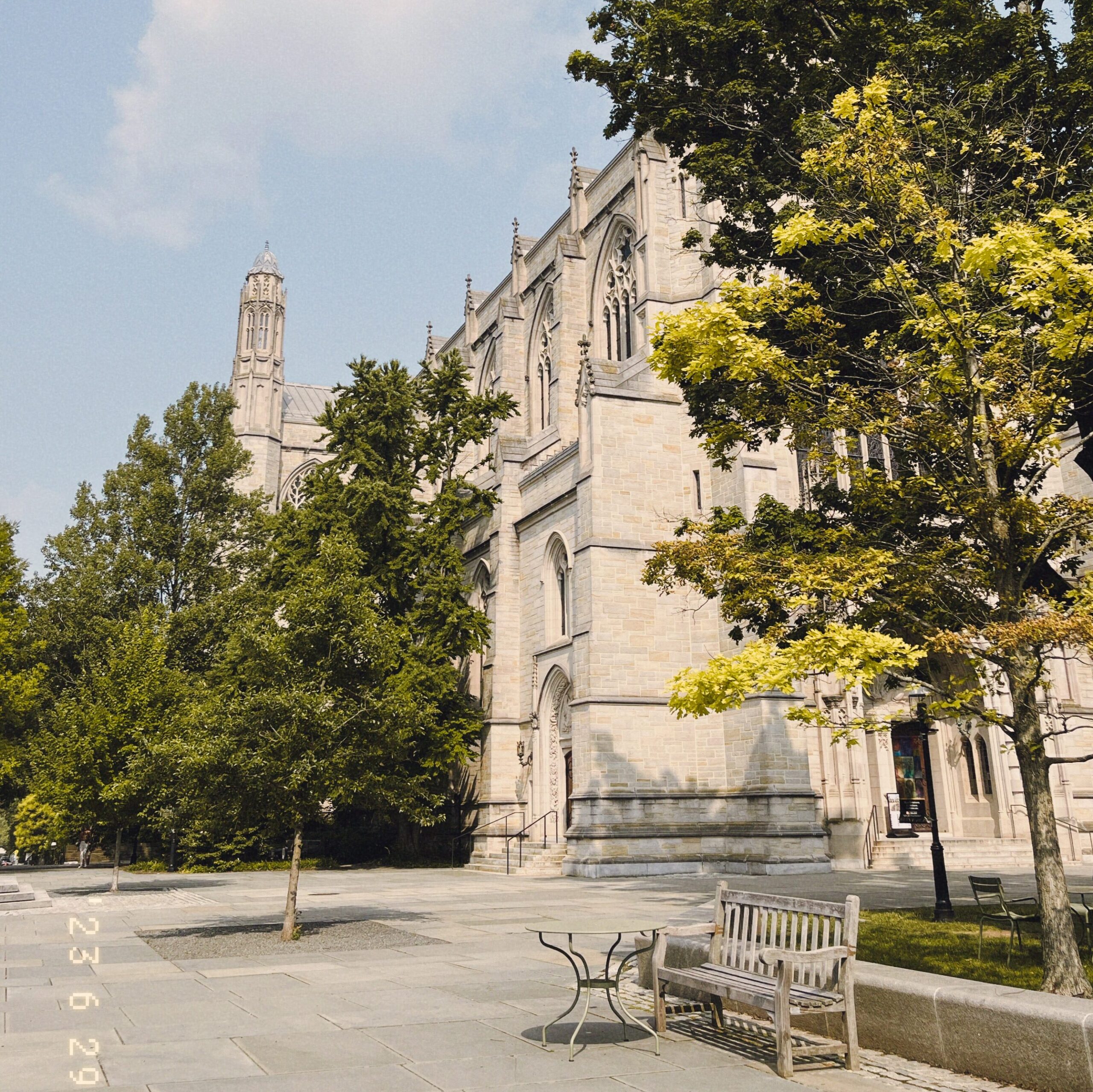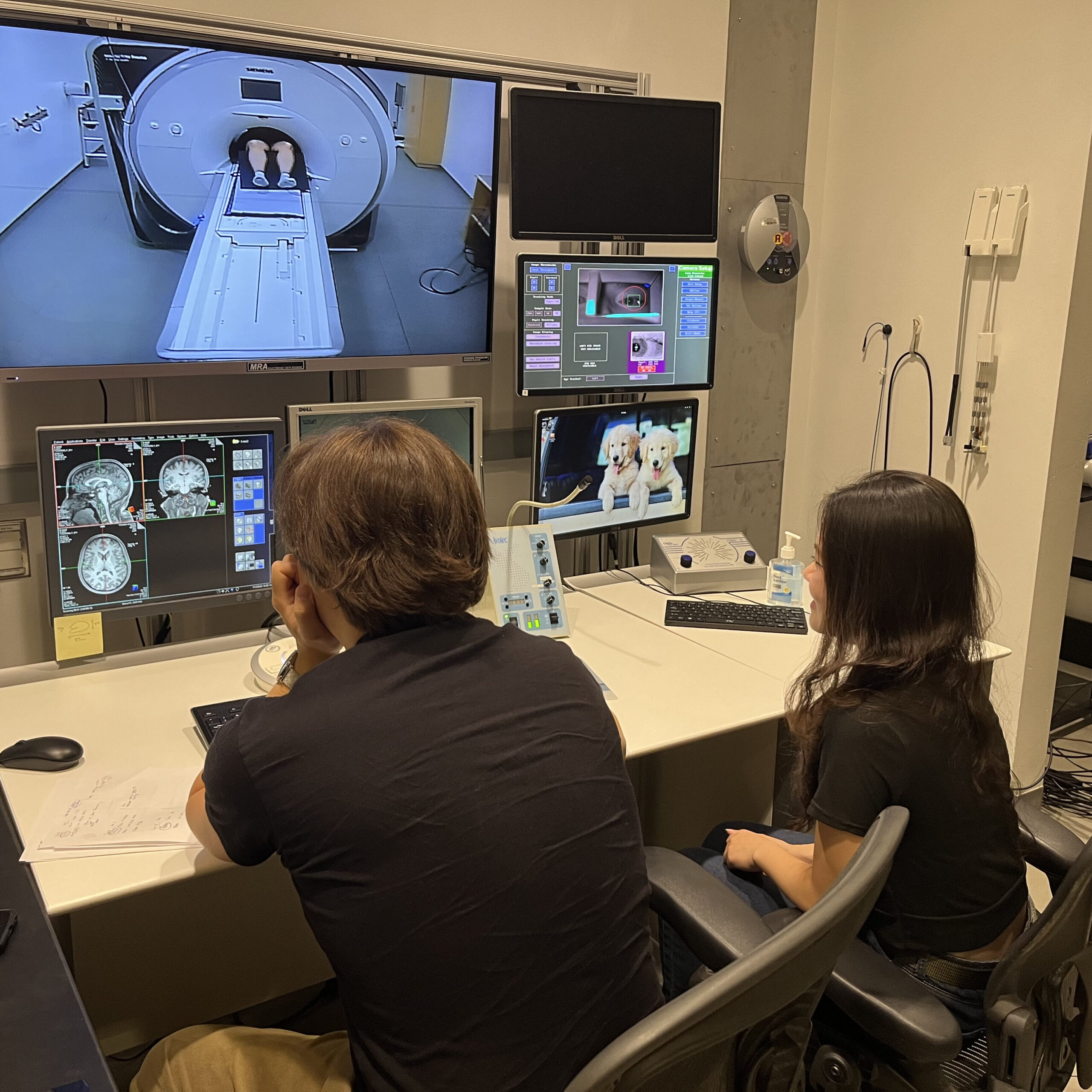
What does it take to become a researcher?
The Making of a Researcher is a new mini-series exploring the paths scientists take to reach where they are today, highlighting their growth from beginners to experts.
Through interviews with faculty members in various fields, we’ll explore the necessary steps to becoming a researcher and how Princeton professors play a part in that process.
In this first feature, Professor Casey Lew-Williams, Chair of the Psychology Department and Director of the Princeton Baby Lab, reflects on his journey in developmental psychology and his role as a mentor to aspiring students in the field.
Continue reading The Making of a Researcher: Mentor First, Scientist Second









